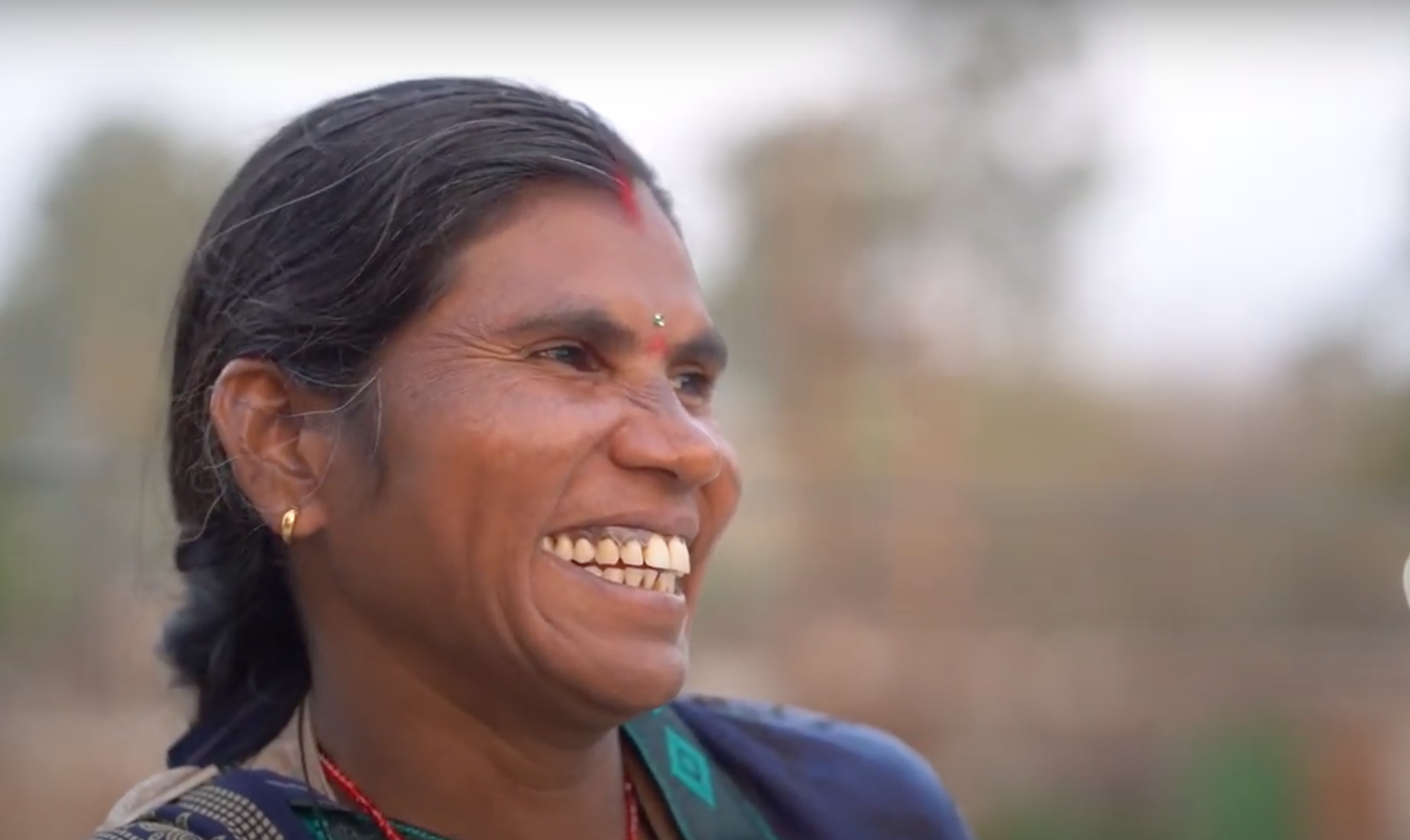OUR PURPOSE
Karuna USA believes that every individual deserves a decent life and the opportunity to achieve their potential
Social and economic systems with high levels of inequality hurt everyone’s progress. That’s a fact. Working together we can challenge these systems and ensure access to a fair and decent life for all. Karuna USA stands in solidarity with those communities barred from achieving this right, and especially with women whose empowerment is key to the transformation of societies.
Together with our local community partners, we work to ensure that those living in poverty and insecurity, with little access to education, most impacted by climate change, or denied their rights, can access opportunities for a better life. As a result:
- Girls and boys from marginalized communities can get an education, and break the cycle of poverty instead of being forced into child-marriage;
- Women survivors of rape, violence and other violations can be supported with a range of services, including psychological and social support, and legal counsel to access justice; and
- Communities can prepare better for climate disasters and get dignified jobs other than those mandated by their status (e.g. sewer or latrine cleaner, sweeper, disposer of dead cattle).
Karuna USA mobilizes people in the United States to become supporters of this work. We identify resources and champions of our work, and engage partners with similar operations to uplift marginalized groups in South Asia.













